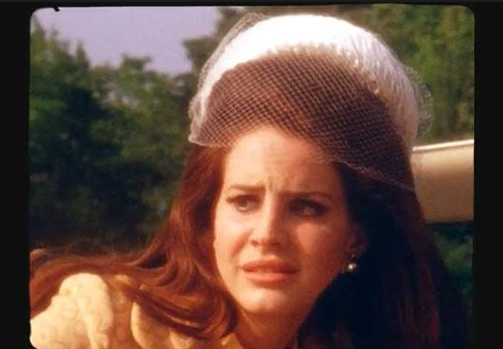It’s the movie and performance no one can seem to stop talking about. Natalie Portman as Jackie Kennedy in her aggrieved widow state is Oscar bait if ever there was such a thing. As Pablo Larraín’s first major mainstream movie, the director doesn’t over-interpret Noah Oppenheim’s script enough to steal the movie away from Portman, whose semi mid-Atlantic accent is what catches one’s attention for the duration of the narrative.
Beginning with Jackie’s mourning period in the winter of 1963–just one week after John F. Kennedy’s (Caspar Phillipson) assassination in Dallas–we find the widow on Hyannis Port awaiting journalist Theodore H. White (Billy Crudup) to write a story serving to protect and further idealize the myth and legacy of JFK and his so-called Camelot. Flashbacks to the immediate past, as well as Jackie’s A Tour of the White House documentary special, are told with a combination of overwrought emotionalism and stoicism on Jackie’s part as she occasionally interrupts herself to remind Theodore that she’ll be editing this story just as she sees fit, making comments like, “I don’t smoke,” as she takes a drag.
While Jackie at times acts as a buttress to the former First Lady’s own legacy, it often paints her as pathetic and desperate for approval from a man who will always see her as superfluous. Quotes like, “There are two kinds of women: those with power in the world and those with power in the bedroom. What do I have now?” don’t exactly portray Jackie in the most independent or feminist light–but then, she never was a great feminist, so much as a fixture of the Kennedy dynasty, an emblem of the only time America truly experienced some form of royalty. In this sense, Lana Del Rey is sort of the more tailored fit to this role in her “National Anthem” video (just as she is for the lead in The Love Witch), acting the fragile, removed part with far less effort than Portman.
While there are occasional glimmers of Portman doing justice to the role with her go-to “I’m so delicate” shtick, there is more earnestness and sincerity coming from Greta Gerwig as White House Social Secretary Nancy Tuckerman. Still, Portman tries her best to lend empathy to the woman who so often seemed to be merely this “thing” attached to the Kennedys. “I wish I’d been a shopgirl or a stenographer,” Jackie laments while walking through the graveyard with the Kennedys’ Irish Catholic priest. Her desire to be ordinary cries out through every aspect of the film, yet is at complete war with how she chooses to comport herself through the post-assassination process, succumbing to her natural inclination for pageantry and spectacle as an homage to JFK’s memory–though she later admits, “I did it for me,” partially in the vain hope that someone might shoot her, too, as she walked among the procession.
The effortless martyrdom Portman showcases might be endearing to most audiences taken in by her waifishness and natural aplomb, but beyond a crying scene on the plane as Lyndon Johnson (John Carroll Lynch) is about to be sworn in, Portman doesn’t stretch herself too much–never one for going beyond the call of the wounded bird roles. Not even when she proceeds to get plastered to the tune of “Camelot,” highlighting the lyrics, “Don’t let it be forgot, that once there was a spot, for one brief shining moment that was known as Camelot,” does Portman let herself go too far, relying instead on the changing of gowns to mask a generally reserved performance–though most will say that Jackie was nothing if not reserved.
But at least with LDR, you’re getting a better stylization of Camelot with far better costumes and set designs. And maybe even a level of drama that’s more believable in its over-the-topness.





















